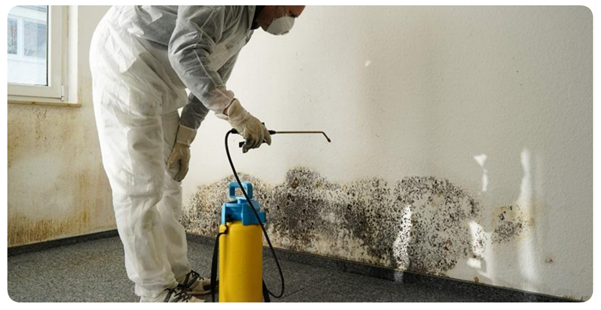Common Mistakes to Avoid When Feeding Your Cat
Feeding your cat may seem like a simple task, but there are several common mistakes that pet owners often make. Avoiding these mistakes is crucial to ensure your cat’s health and well-being.
Overfeeding
The Dangers of Overfeeding
Overfeeding can lead to obesity, which increases the risk of diabetes, heart disease, and arthritis. Cats need a balanced diet with appropriate portion sizes.
Tips to Avoid Overfeeding
– Follow the feeding guidelines on the cat food packaging or as advised by your veterinarian.
– Measure your cat’s food using a kitchen scale or measuring cup.
– Avoid free-feeding; stick to a regular feeding schedule.
Feeding Inappropriate Foods
Human Foods to Avoid
Many human foods are toxic to cats, including chocolate, onions, garlic, grapes, and raisins. Even small amounts can be harmful.
Safe Treat Alternatives
Choose cat-specific treats that are formulated to meet their dietary needs. Limit treats to no more than 10% of your cat’s daily caloric intake.
Ignoring Hydration Needs
The Importance of Hydration
Cats often don’t drink enough water, which can lead to dehydration and urinary tract problems.
How to Encourage Drinking
– Provide fresh water daily and consider using a cat water fountain.
– Place multiple water bowls around your home.
– Add water or broth to wet food to increase moisture intake.
Not Considering Life Stage and Health
Age-Specific Nutrition
Kittens, adults, and senior cats have different nutritional needs. Make sure you’re feeding your cat food appropriate for their life stage.
Health-Specific Needs
Cats with medical conditions like kidney disease or diabetes require special diets. Consult your veterinarian for recommendations.
Sudden Diet Changes
The Risks of Abrupt Changes
Switching your cat’s food too quickly can cause digestive upset, including vomiting and diarrhea.
How to Transition Smoothly
– Gradually mix the new food with the old food over 7-10 days.
– Increase the amount of new food while decreasing the old food each day.
– Monitor your cat for any signs of digestive issues.
Irregular Feeding Schedule
The Importance of Routine
Cats are creatures of habit and thrive on a consistent feeding schedule. Irregular feeding times can cause stress and behavioral problems.
Establishing a Feeding Routine
– Feed your cat at the same times each day.
– Stick to the schedule even on weekends and holidays.
– Consider using an automatic feeder if your schedule is unpredictable.
Not Reading Food Labels
Understanding Ingredients
Not all cat foods are created equal. Reading labels helps you choose high-quality food that meets your cat’s nutritional needs.
What to Look For
– The first ingredient should be a named protein source (e.g., chicken, salmon).
– Avoid foods with fillers like corn, soy, and by-products.
– Look for the Association of American Feed Control Officials (AAFCO) statement indicating the food is nutritionally complete.
Neglecting Dental Health
The Link Between Diet and Dental Health
Dental problems can lead to pain, infections, and other health issues. While dry kibble can help reduce plaque, it’s not sufficient on its own.
Dental Care Tips
– Provide dental treats and toys designed to promote oral health.
– Brush your cat’s teeth regularly with cat-specific toothpaste.
– Schedule regular dental check-ups with your veterinarian.
Conclusion
Proper feeding involves more than just filling a bowl with food. By avoiding these common mistakes, you can help ensure your cat’s diet supports their overall health and well-being. Always consult your veterinarian for personalized advice tailored to your cat’s specific needs.



